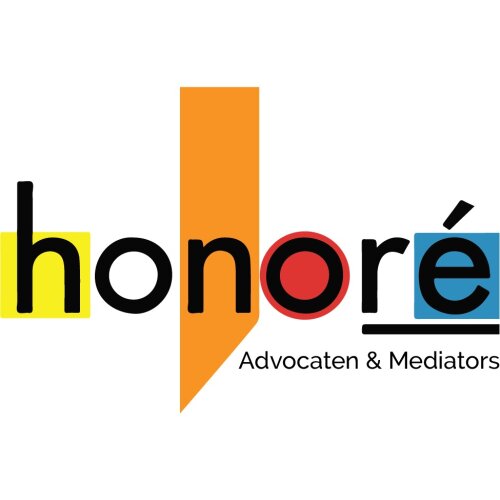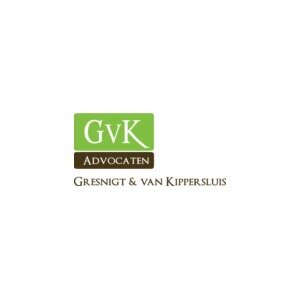Best Child Abuse Lawyers in Utrecht
Share your needs with us, get contacted by law firms.
Free. Takes 2 min.
Free Guide to Hiring a Family Lawyer
List of the best lawyers in Utrecht, Netherlands
About Child Abuse Law in Utrecht, Netherlands
Child abuse laws in Utrecht, the Netherlands, are extensive and strict, aiming to protect children from all forms of mistreatment and exploitation. They encompass a range of actions or lack thereof that result in harm, potential harm, or threat of harm to a child. These include physical abuse, psychological or emotional abuse, sexual abuse, and neglect. In line with Dutch nationwide regulations, Utrecht provides legal protection to all children, prioritizing their welfare and best interests.
Why You May Need a Lawyer
Having a lawyer is often crucial in cases pertaining to child abuse. Whether you are being accused of child abuse, or suspect that a child is being abused, a lawyer can guide you through the legal process. If you're a victim or a witness, a lawyer can help you understand your rights, navigate the court procedures, and help ensure the best possible outcome. A lawyer can also help you with protective orders, custody issues, and defamation charges related to child abuse allegations.
Local Laws Overview
The Netherlands has a robust body of law regarding child protection and welfare. The Dutch Civil Code contains several articles stating the responsibility of parents or legal guardians to care for and protect their children. Any violation of these laws can lead to severe punishment including fines and imprisonment. The Youth Act also empowers child protection agencies and gives them legal tools to intervene where necessary. Additionally, the Netherlands has ratified international agreements such as the UN Convention on the Rights of the Child.
Frequently Asked Questions
What constitutes child abuse under Dutch law?
Under Dutch law, child abuse can be physical, psychological, or sexual. Neglect, in which a guardian does not adequately care for a child, is also considered abuse.
What legal action can be taken if child abuse is suspected?
If child abuse is suspected, it should be reported to the local department of Veilig Thuis (Safe at Home). They will investigate the matter, and it could potentially be escalated to the police or judicial authorities.
What are the penalties for child abuse in Utrecht?
Penalties for child abuse in Utrecht can range from fines to prison sentences, depending on the specificity and severity of the case.
Can I remain anonymous if I report suspected child abuse?
Yes, you can choose to remain anonymous when reporting suspected child abuse to the authorities.
What can I do if I'm falsely accused of child abuse?
If you're falsely accused, you should get legal counsel immediately. A lawyer experienced in child abuse cases can guide you through the process and help uphold your rights.
Additional Resources
The following organizations can provide further advice and assistance:
- Rijksoverheid (National Government)
- De Kindertelefoon (The Children's Phone)
- Veilig Thuis (Safe at Home)
Next Steps
If you need legal assistance in a child abuse case, the first step is to contact a legal professional who specializes in such matters. They can provide advice tailored to your specific situation. If you wish to report suspected child abuse, you can contact Veilig Thuis or the police. If immediate safety is a concern, you should contact law enforcement directly.
Lawzana helps you find the best lawyers and law firms in Utrecht through a curated and pre-screened list of qualified legal professionals. Our platform offers rankings and detailed profiles of attorneys and law firms, allowing you to compare based on practice areas, including Child Abuse, experience, and client feedback.
Each profile includes a description of the firm's areas of practice, client reviews, team members and partners, year of establishment, spoken languages, office locations, contact information, social media presence, and any published articles or resources. Most firms on our platform speak English and are experienced in both local and international legal matters.
Get a quote from top-rated law firms in Utrecht, Netherlands — quickly, securely, and without unnecessary hassle.
Disclaimer:
The information provided on this page is for general informational purposes only and does not constitute legal advice. While we strive to ensure the accuracy and relevance of the content, legal information may change over time, and interpretations of the law can vary. You should always consult with a qualified legal professional for advice specific to your situation.
We disclaim all liability for actions taken or not taken based on the content of this page. If you believe any information is incorrect or outdated, please contact us, and we will review and update it where appropriate.









